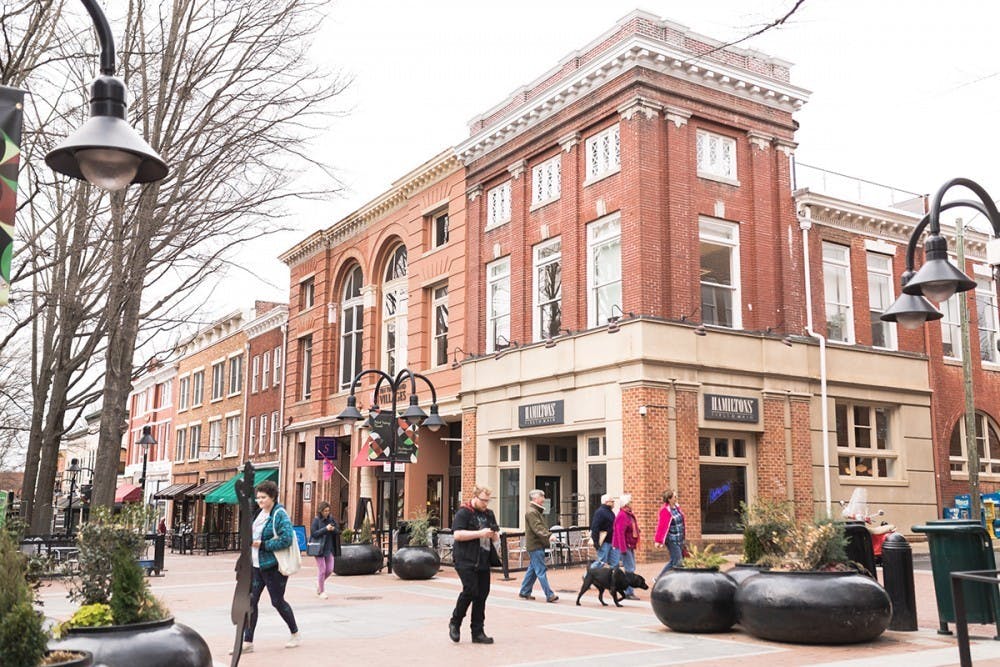The University announced the creation of the President’s Council on Community-U.Va. relations Monday. The council acts as a more permanent iteration of the U.Va.-Community Working Group, which was announced October 2018.
The newly-created President’s Council will focus on the issues identified by the U.Va.-Community Working Group. The council is tasked with creating smaller groups that will oversee work towards these specific goals, such as examining the University’s role in the local economy, analyzing the “pipelines and pathways” of the University’s hiring to ensure better access to underrepresented groups, working with the community to maintain more housing for low-income residents and early childhood education.
Members of the council include University staff, local business owners, community leaders and first-year College student Zyhana Bryant, who is acting as the student representative of the council. There are 17 people serving on the council.
Bryant has been a prominent figure in Charlottesville activism since she was in high school. She is a member of Virginia Governor Ralph Northam’s African American Advisory Board and wrote the initial petition for the removal of the Robert E. Lee statue in what is now Market Street Park.
The two co-chairs of the council are Brennan Gould and Erika Viccellio. Gould is president and CEO of the Charlottesville Area Community Foundation, an organization that works to improve the quality of life for Charlottesville residents by supporting public, private and non-profit organizations.
Vicellio is the executive director of The Fountain Fund, which aims to help former inmates overcome the financial barrier to reenter society by providing financial education, loans and other support. Both Gould and Viccellio served on the University-Community Working Group created by President Ryan in 2018 and were elected by their peers to be co-chairs.
Gould and Viccellio stated they were excited by the chance to get more community voices involved in shaping partnerships between the community and the University.
“As members of this community and professionals who have been working to help our region thrive, we are excited about all of these priorities,” they said.
Bryant stated that her primary focus as student member is to work on community relations related to youth education and jobs and wages at the University.
“At the end of this conversation about jobs and wages also naturally we'll need to have a conversation about what is the footprint of the University — how is that affecting the outer community,” Bryant said.
Bryant also wants to tackle the issue of local students of color feeling welcome at the University. As part of the council, Bryant wants to investigate “how the University can do a better job of making sure that Black and Brown students locally have more access to higher education in general.”
For example, Bryant has worked with the Albemarle Hate-Free Schools Coalition, whose mission is “to lead Albemarle County Public Schools to ban all symbols of racial and ethnic hatred,” with specific reference to the Confederate flag, “and to actively dismantle racism within their school system.” Bryant was also the founder of Charlottesville High School’s Black Student Union.
Bryant hopes to involve other students in the President’s Council, noting that many of the relationships that the University has developed with the community come from connections with students, such as mentoring through Madison House.
“Even if [students] aren't officially members of the working groups, making sure that [students] are able to come to the meetings and give input,” Bryant said. “And if we have surveys, I think student voice will be prioritized.”







